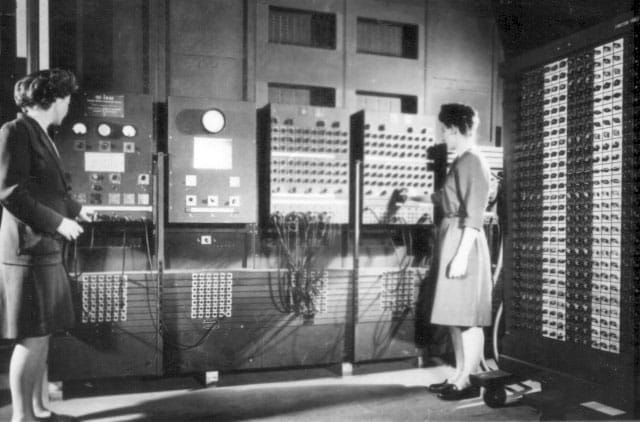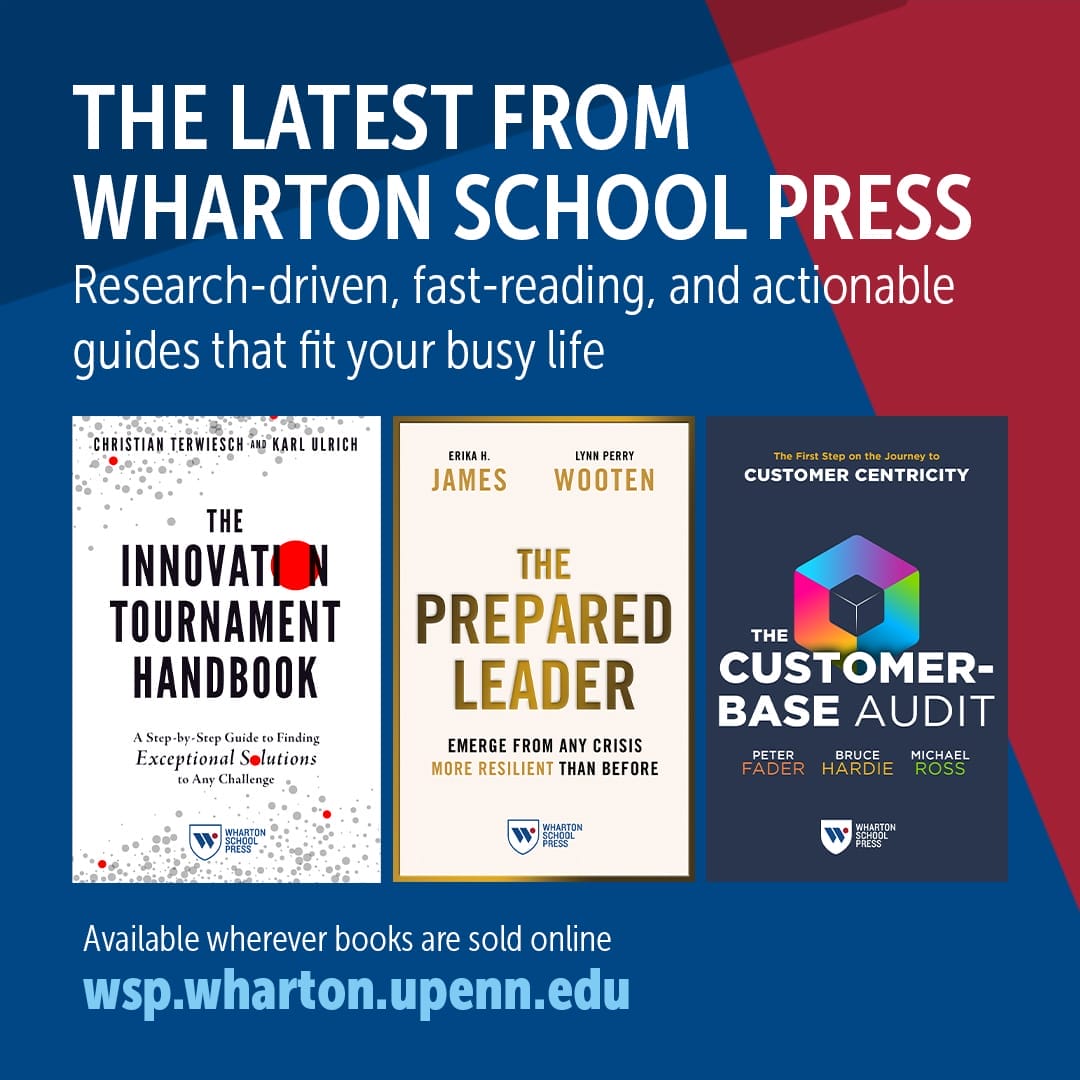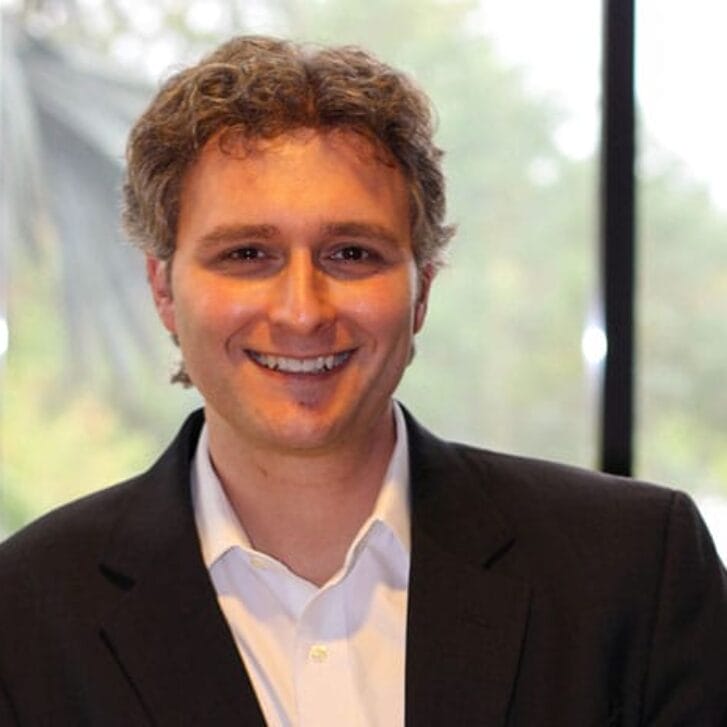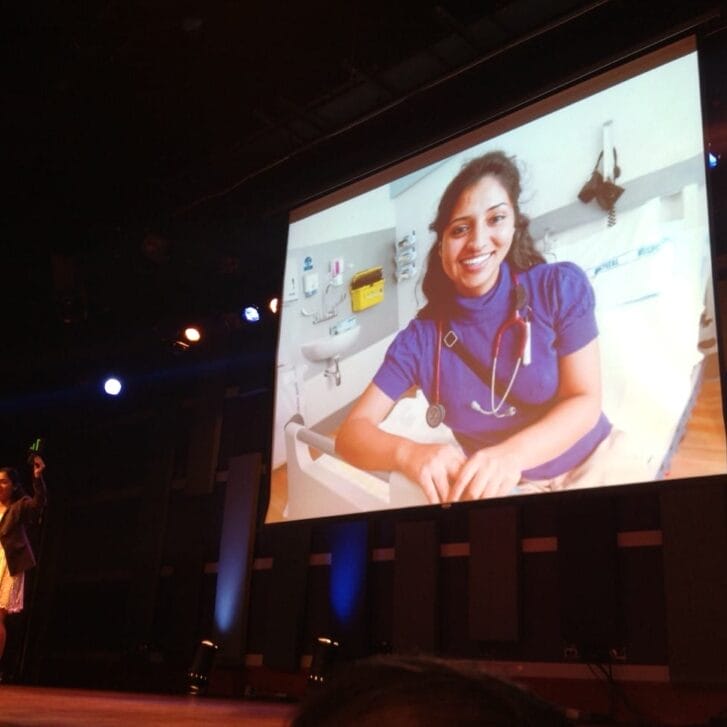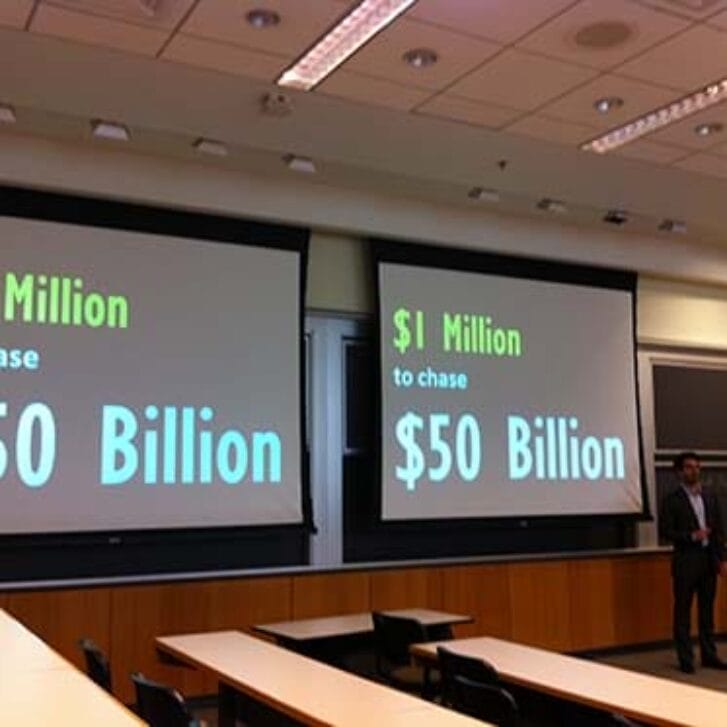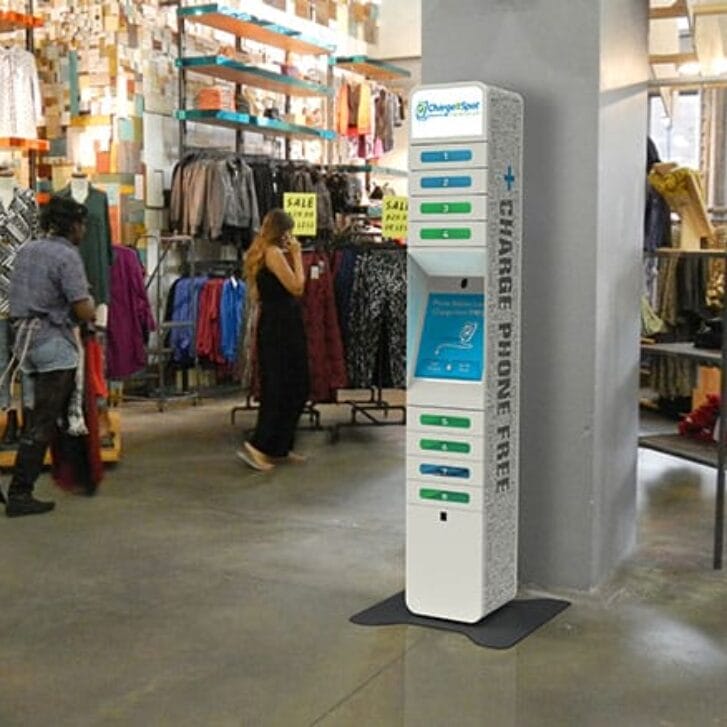Digital Startups are bubbling up in an astonishing variety of services and products, penetrating every nook and cranny of the economy. They are reshaping entire industries and even changing the very notion of the firm. [The Economist, Jan. 18, 2014]
The world’s electronic transformation is still unfolding in a profound and fundamental way. Harnessing the electron for society is still in a very creative, discovery phase. We should take pride that Penn’s legacy of the Electrical Numerical Integrator and Calculator (ENIAC) rolls on.
Given our history, it is natural for the Wharton/Penn complex to be involved in the latest, largely electronic, entrepreneurial wave of technology startups. Check out Wharton Entrepreneurship’s Venture Initiation Program, or the Wharton Business Plan Competition, where Penn startup teams, many of them tech ventures, pitch investors for the chance to be one of eight finalists. The winter issue of Wharton Magazine focused on all this, including its list of the “2014 Startups to Watch.”
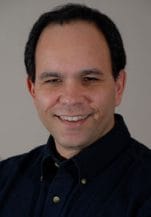
Michael Levinson, W’81
Greater Philadelphia is one of the centers of this tech startup movement. Accelerator DreamIt Ventures is based a few miles from the campus with Wharton grads as founders and managing partners (including Founding Partner Michael Levinson, W’81, and Karen Griffith Gryga, GEN’93, WG’93, managing partner of DreamIt Funds). In 2014, there will be several locations beyond Philadelphia for DreamIt’s accelerator programs, such as Austin, Baltimore and New York.

Karen Griffith Gryga, GEN’93, WG’93
For members of Wharton’s Graduate Emeritus Society, those of us who are part of the “Greatest Generation,” our entrepreneurial path led to creating or managing new ventures dedicated to producing tangible goods and services that were fundamental to an economy. They were focused on basics for an economy: steel, chemicals, plastics, pharmaceuticals or finance, and they usually involved shaping and managing organizations of large numbers of people working in one or more specific large work sites.
Today’s entrepreneurs have a different focus. They are fine-tuning the economy. Their activity flows from what the eminent British operational researcher Stafford Beer called the “complexification of society,” which leads to ultimate variety—the shaping of unique goods and services to improve the quality of life for each individual in a society.
While ENIAC’s inventors, John W. Mauchly, HON’60, and J. Presper Eckert Jr., EE’41, GEE’43, HON’64, would be proud of the unfolding of their creation, our generation of Wharton grads can’t help but ask the question: Is this what it takes to become an entrepreneur today?
In terms of building a strong economy, I can’t help but think of a popular Peggy Lee song of our time: “Is That All There Is??”




















